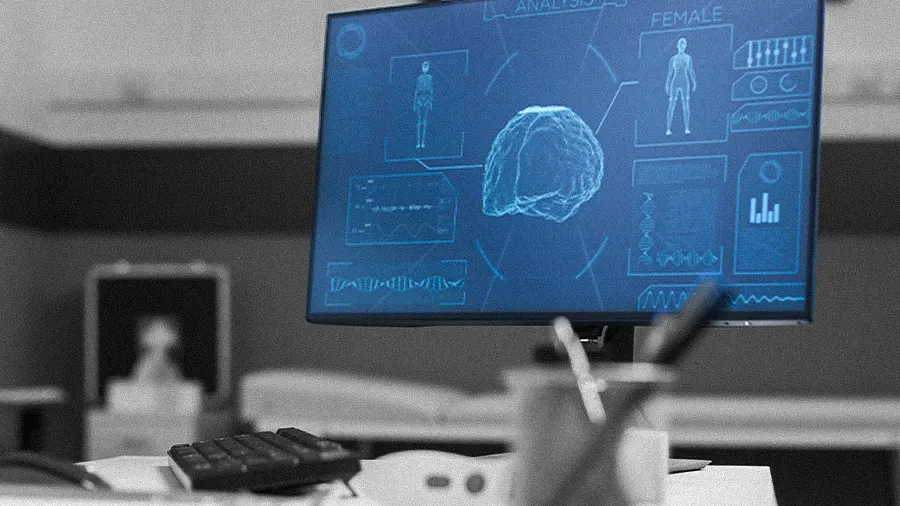
The promise of artificial intelligence in healthcare is being built on a dangerously unstable foundation of flawed and incomplete data.
Eric Snyder, Executive Director of Technology & Innovation at the Wilmot Cancer Institute, warns that the industry’s “hype-first” approach is a mistake and that data integrity must be the top priority.
Snyder argues the biggest obstacles are not technical but cultural, stemming from systemic resistance to change and a lack of true technical leadership.
He details how his team adopted a new “data-first” playbook, inspired by cybersecurity, to redefine data and dramatically accelerate results.

The promise of generative artificial intelligence in healthcare is immense, with applications in reach for automated diagnostics, operational efficiency, accelerated R&D, and personalized medicine. But as organizations rush to deploy powerful new tools, they are often building on a dangerously unstable data foundation. But the problem is perhaps not just a technical one, but indicative of a systemic failure in health tech culture. From within the complex machinery of academic medicine, some leaders are not only sounding the alarm but architecting a new way forward.
We spoke with Eric Snyder, the Executive Director of Technology & Innovation at the Wilmot Cancer Institute at the University of Rochester and the founder of medical data management firm CognomIQ. Snyder operates far from the typical constraints of healthcare IT. He leads what he calls “an embedded innovation team that does not report through the normal structures”, a distinction that grants him the autonomy to set his own technical vision and rapidly innovate. This approach, which has captured national attention, is informed by his deep expertise as a developer and an architect by schooling and training, not a clinician who pivoted to tech.
The data-first mandate: “If we aren’t taking care of the data first, then the AI is never going to be as great as it can be,” Snyder warned. His philosophy is a direct challenge to the hype-first, fundamentals-last approach dominating the industry.
For Snyder, the issue isn’t abstract; it’s a quantifiable crisis of integrity that begins with the most basic records. This flawed foundation makes the industry’s broader push for digital and AI transformation a high-stakes gamble.
A foundation of flaws: “The data that is just EHR driven is, on average, 20 to 30% wrong. That’s a real number for something like race or ethnicity, which is crucial to get right for AI or you’re going to start having biased models,” Snyder stated. “Payer data is often incorrect because it’s only based on what we bill, and we don’t bill for everything. It’s not representative of the actual population.”
The reasons this problem persists, Snyder argued, have less to do with technology and more to do with people and politics. The obstacles are cultural, rooted in a systemic resistance to change and a critical gap in technical leadership.
Systemic resistance: “The resistance to change is way higher in healthcare than it is in other industries,” Snyder explained, pointing to “pockets of power” and research funding models that disincentivize data sharing. This is compounded by a personnel problem. “You would never want me to be a doctor just because I have some underlying knowledge of healthcare. So why would the opposite hold true? You wouldn’t do that in any other industry.”

To break this cycle, Snyder’s team has adopted a new playbook, borrowing strategies from industries like cybersecurity that have already tackled massive data challenges. The solution isn’t a new piece of software; it’s a fundamental shift in how data is conceptualized and managed.
A new playbook: “We solved it the way cybersecurity solves it, by changing how we think about the data coming in and redefining it into more manageable chunks,” he said. The results are not theoretical. This approach has allowed his team to fulfill basic data report requests, which typically take “weeks, if not months,” in “less than 24 hours.”
The path forward consists of a disciplined, data-first approach that prioritizes integrity over innovation theater. It requires a new kind of institutional collaboration, a shared commitment to fixing the foundation before building the next floor. “If we as institutions can come up with some common data practices, AI and all of its other supporting technologies will be far better off.”